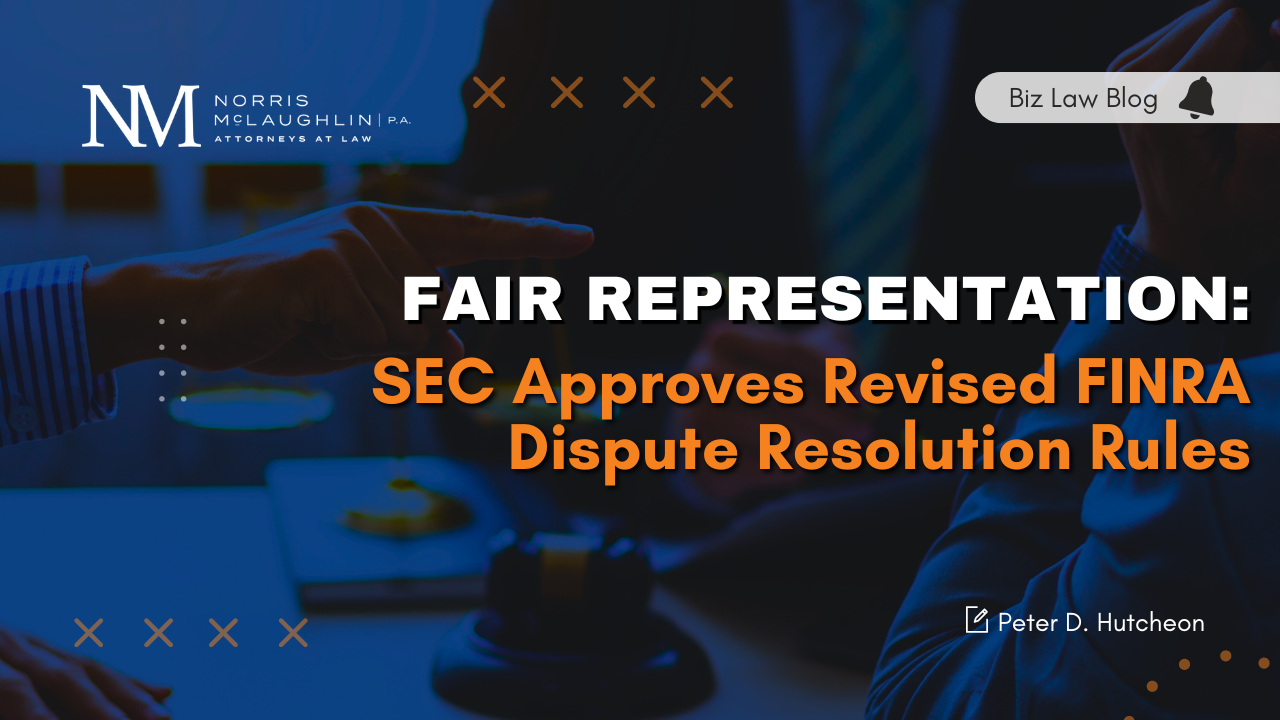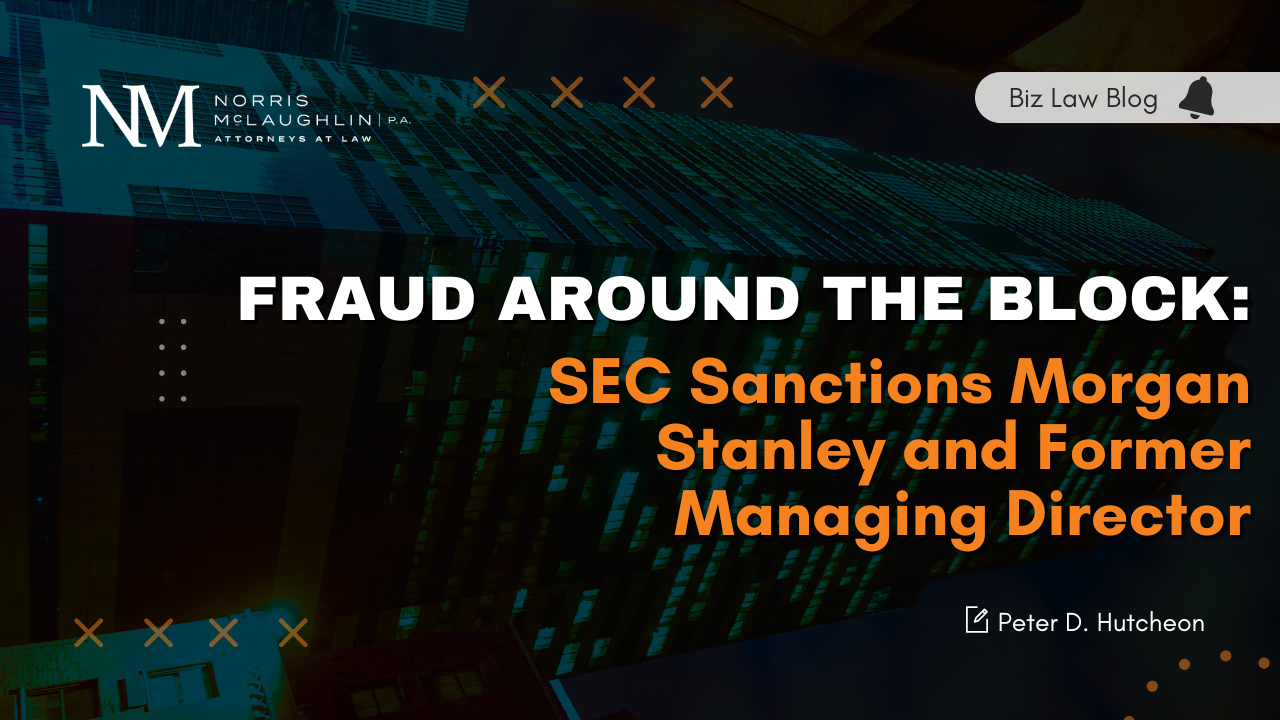Form Does Matter: NJ Professional Corporation is Different from its Principals

On Thursday, Dec. 9, 2021, the Superior Court of New Jersey, Appellate Division, issued its opinion in Colonial Records Storage, LLC v. Nancy S. Simpson, Esq., d/b/a Stein, Simpson & Rosen, P.A., reversing the March 12, 2021 decision of the Superior Court of New Jersey, Law Division, Bergen County. Plaintiff is a records storage company which, according to the Court, had provided record storage services to the law firm since 1993. In 2017, the law firm ceased paying for those services, leaving an unpaid balance of $14,049.51.
Defendant Simpson conceded that the law firm had not been dissolved, although it no longer provided legal services. Plaintiff asserted that all the stored files were the files of Ms. Simpson, and that she and her secretary were the only persons at the law firm with whom plaintiff dealt. There was no writing evidencing that Ms. Simpson had assumed personal responsibility for the storage of her files. Nonetheless, the trial court found that Ms. Simpson was individually liable for the unpaid bill, even though she practiced law as a shareholder of a professional corporation.
The Decision
The Appellate Division (the "Court") confirmed that the law firm was, in fact, a professional corporation as authorized under the relevant New Jersey statute. New Jersey has allowed the practice of law (and other professions) since 1969. The Court held that the payment obligation was a corporate one, so a shareholder such as Ms. Simpson had no personal liability for a corporate debt. The Court does not address whether plaintiff might have argued that the relationship between Ms. Simpson and the law firm was that of alter egos, such that plaintiff could assert its claim directly against Ms. Simpson.
There also were no allegations of fraud or concealment, or of inadequate recordkeeping, which might have permitted a piercing of the corporate veil. The Court simply says the trial court misread the part of the New Jersey Professional Corporations Act that makes shareholders liable for "any negligent or wrongful acts…while rendering professional service on behalf of the corporation." New Jersey Statutes Annotated 14A: 17-8. The trial court (according to the Court) conflated all acts on behalf of corporation as a basis for liability, without the qualifying "while rendering professional service." So the Court quotes the trial court as finding Ms. Simpson liable under the statute "for any act and for professional services rendered on behalf of the corporation."
Professional Corporation vs. Principals
One may believe that the distinction between a corporate entity and its principals is clearly recognized as "black-letter" law. But that was not true of the trial court in this case. It may be worth considering why. The concept of an artificially created entity having a legally recognizable "personhood" dates back in Western civilization at least to the time of Pope Innocent IV (1243-1254), when "persona ficta" were recognized for monastic orders and their monasteries to separate them from the monks inhabiting them, who had taken a vow of poverty. This simplified the difficulty in balancing the need for such groups to have infrastructure.
That separation of entity from the people in it also helped insulate the entities from non-contractual claims from surrounding communities, as the entities – not having souls – could not be held to have engaged in wrongful acts ("delicts"). In American history corporations were recognized as legal "persons," although not always and not without variants. In New Jersey, for instance, the concept of limited liability was not clearly established until the need to raise capital for canal companies, and railroads "forced" that recognition.
Professional Services
In the area of professional services, the notion of incorporation was historically seen as inconsistent with the obligations of the professional. Similarly, stockbrokers were all partnerships or sole proprietorships until the incorporation was permitted for members of the New York Stock Exchange. Changes to the federal tax law concerning retirement plans led to the authorization of professional corporations in the U.S., which as noted above, occurred in New Jersey in 1969. Even here the legislation sought to preserve the untrammeled responsibility of the professional for his or her advice. Thus, the New Jersey statute cited above leaves the attorney (or doctor, architect, accountant, etc.) open to claims for negligence or other professional shortcoming.
The Colonial Records Storage decision is a helpful reminder, both of the nature of the liability shield available with professional corporations and of the risks that at the margin, the shield may not be recognized. Ms. Simpson and every similarly situated professional should make certain that business arrangements involving an incorporated entity are clearly conducted in the name of the entity, and that all records and communications make that distinction.
If you have any questions about this post or any other related securities or general business law matters, please feel free to contact me at pdhutcheon@norris-law.com.




